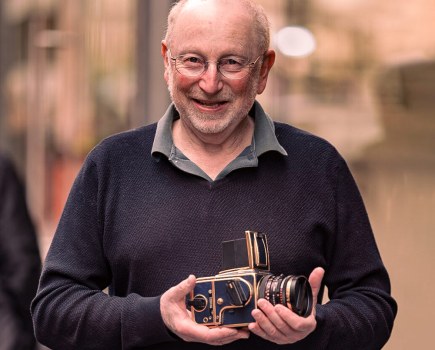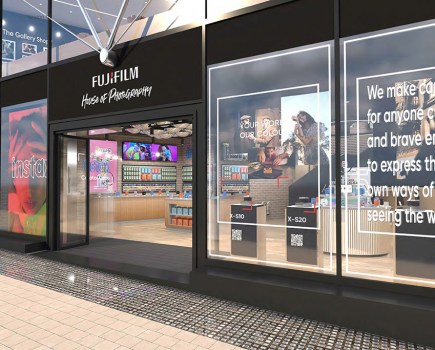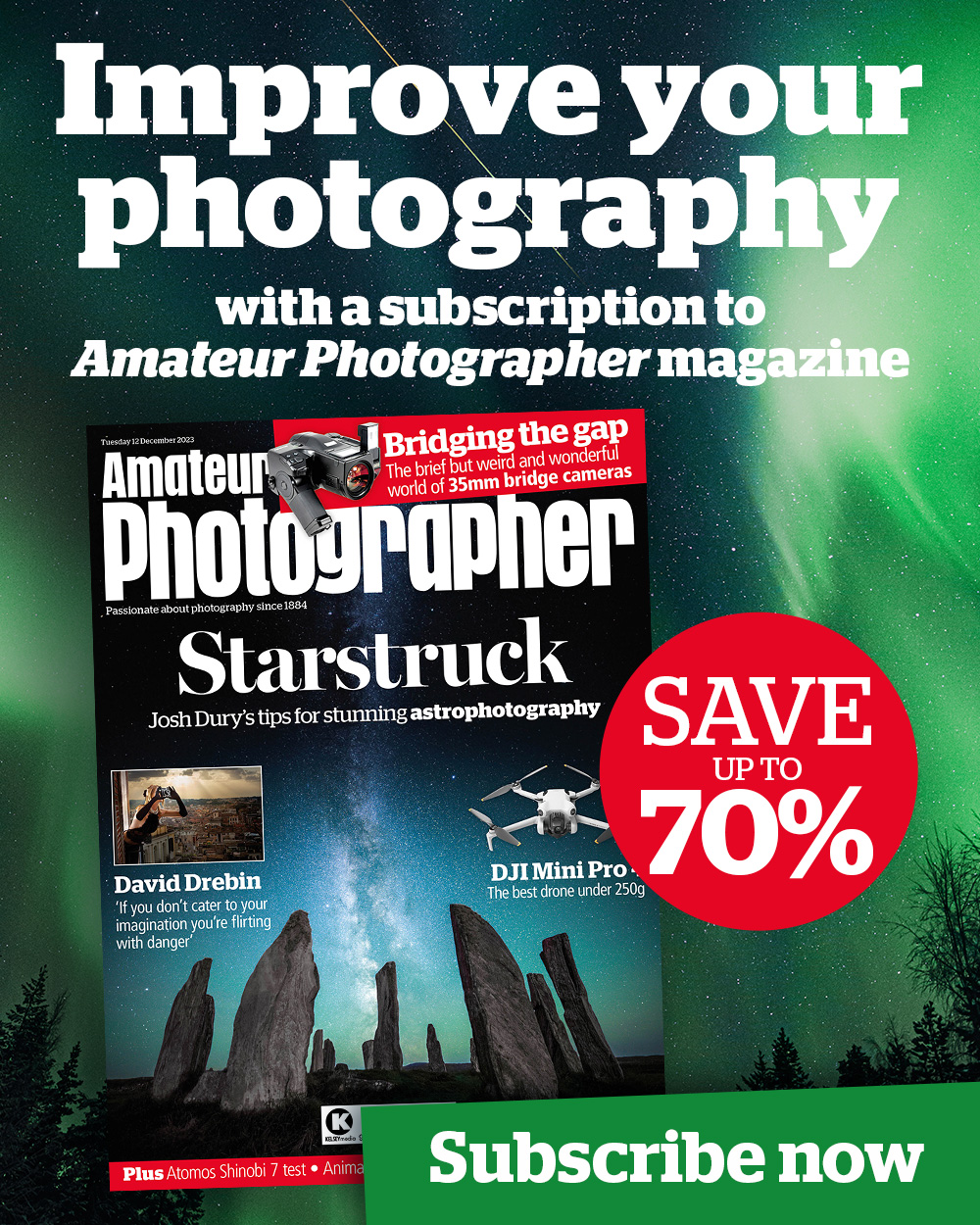 The MediaCityUK development at Salford Quays will soon play host to TV programmes such as BBC Breakfast
The MediaCityUK development at Salford Quays will soon play host to TV programmes such as BBC Breakfast
Picture credit: Darren Hartley
When is a public area private? When it is labelled ?public realm? it seems.
A photographer in Salford has become the latest to clash with security officials after he mistakenly believed he was in a public area when, in fact, he was on private land where photography without permission was banned.
The issue is symptomatic of what some say is the increasing privatisation of the UK?s public spaces and was highlighted during a debate about photographers? rights in London a fortnight ago.
Amateur photographer Phil Jenkins became the latest victim when security staff told him he was not allowed to take pictures at MediaCityUK in Salford Quays – a 36-acre site on the banks of the Manchester Ship Canal.
Soon to become home to flagship BBC television programmes, the site features a five-acre ?public realm? that includes a piazza designed to hold events for up to 6,000 people.
?I explained that I was taking photos for personal use, and that was accepted.? Jenkins told Amateur Photographer.
?Five minutes later the Head of Security for MediaCityUK arrived, with an extremely sizeable security guard.?
Jenkins, who said he was accompanied by a ?model? but insisted he was not a commercial photographer, added: ?He said I was on private property and that I could not take photographs.?
The city?s ?public realm? spaces comprise ?streets, squares, parks, green spaces and other outdoor spaces that are open for everyone to use?, according to the Public Realm Handbook published by Salford City Council’s planning department in 2009.
Developed by The Peel Group, MediaCityUK (pictured above) promotes itself as a £650 million city on Manchester?s historic waterfront – providing a ?vibrant, sustainable community of workers, residents, students and visitors?.
?I said to [the guard] that I was in the area called ?public realm? which implied it is for the public to use,? the photographer continued.
?I also pointed out that there are no signs anywhere to state that photography is not allowed.?
Private not public
When Jenkins was told he needed a permit he questioned whether people attending public festivals on the site are similarly restricted when using their mobile phones, for example.
He said the security officer confirmed to him that such visitors would also be stopped.
A few minutes later Jenkins was confronted by another guard (who arrived on a ?Segway? motor scooter) after he was spotted trying to take pictures from a nearby bridge.
The photographer said he was then told to leave the area.
?I then asked where the boundary for the private property was for MediaCityUK, so I would know where I could actually go.
‘She checked for me and they did not know.?
Jenkins added: ?She did advise that I was being followed everywhere on CCTV.?
A spokeswoman for MediaCityUK confirmed to Amateur Photographer that the public realm area is privately owned.
She added: ?MediaCityUK includes an area of public realm but the development is privately owned and we have a responsibility to our occupiers to question photography taking place, should we feel it appropriate to do so.
?The press team here regularly receives requests from organisations or individuals who may wish to take pictures which are not merely generic shots of the buildings or surrounding areas.
?We are always happy to give advice when such requests are forthcoming.?
In a recent meeting with officials at the Home Office, DS Parkes, a counter-terrorism advisor at the Metropolitan Police, conceded that privately-run areas, such as shopping centres, are a ‘grey-area’ regarding photographic rights.
He told us: ‘It’s a security guard problem, not a police problem.’
Parkes said that, if photos are prohibited in such areas, warning signs should be on display.
Speaking at an event hosted by the London Street Photography Festival on 20 July, author and journalist Anna Minton voiced concern at what she sees a proliferation of ?privately managed public spaces? – blurring the line between what is, and what is not, public land.
In her book, Ground Control, published in 2009, Anna Minton asserts that ?untested urban planning has transformed not only our cities, but the very nature of public space, of citizenship and of trust?.
 Press ‘like’ to join our photographer’s rights Facebook campaign
Press ‘like’ to join our photographer’s rights Facebook campaign
Or join AP’s general Facebook page:






